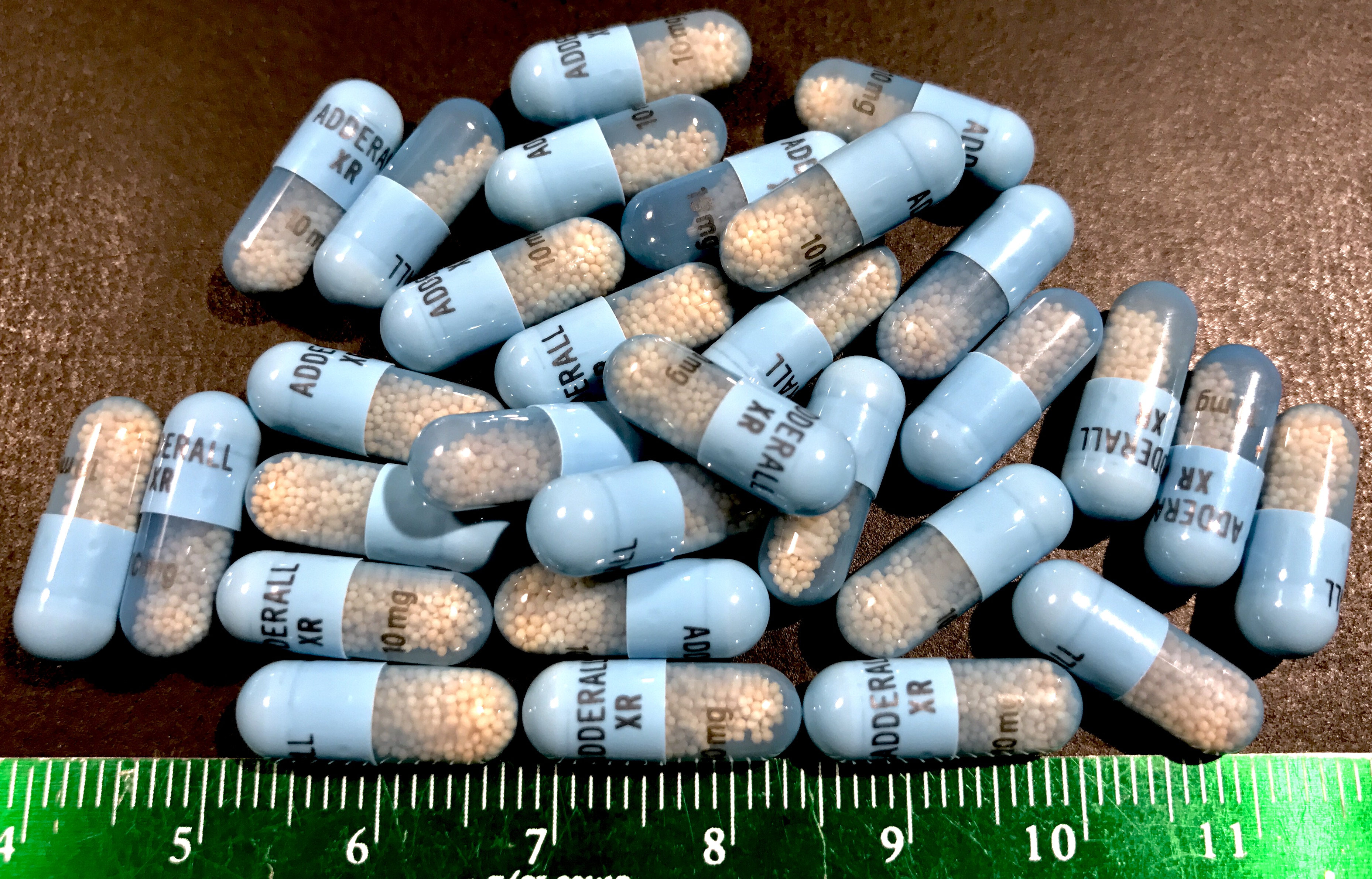Views expressed in opinion columns are the author’s own.
As midterms stay ever-present in our minds, college students can’t help but feel overwhelmed in the middle of the semester and at the end when finals rear their ugly heads. Many students find themselves turning to “study drugs,” or prescription stimulants, such as Adderall and Vyvanse. Thirty-one percent of college students have tried “study drugs” to improve their academic performance over the course of their college career, according to the Center on Young Adult Health and Development.
This is a problem, although not for traditional reasons. When the public hears about increased drug use of any kind, there’s generally a negative response. It’s true that the use of study drugs has increased notably since 2005. Emergency room visits due to ADHD drugs more than doubled between 2005 and 2010.
“Study-drug culture” may be a response to the increasing competitiveness of the collegiate system and the workforce. It could also be due to increasing numbers of ADHD drugs prescribed every year.
There lies the problem. Some still believe ADHD stands as an excuse for parents to drug up children who are “just being kids.” Indeed, there is widespread controversy over the increase in ADHD drug prescriptions.
But ADHD is a real problem. Adults diagnosed with ADHD are far more likely to be diagnosed with generalized anxiety, substance abuse and major depression. Prescription is increasing because awareness is as well. It may be hard to see, but this is, for the most part, a good thing for those whose lives have been improved because of it.
“Study drug culture” has contributed to a detrimental argument against the administration of ADHD medication.
But, if you’re a college student, stressed out of your mind preparing for finals, you’re not going to care that an Adderall purchase is contributing to an overarching stigma about learning disorder medication. So how do we approach a drug that, in the moment, seems so appealing? It’s difficult to argue against the use of a drug that is already prescribed to certain people and can allegedly produce better grades.
We can’t argue against prescription drug use with a traditional anti-substance narrative because they are taken for legitimate reasons, unlike recreational drugs, which are taken for pleasure. But for ADHD drugs, pleasure can be derived from increased productivity. The only point I can raise to speak to users is the fact that any productivity achieved with these substances is, in a sense, disingenuous. While it may feel appealing to get your studying done now, it might not feel as good to know that the few extra points you received on the final were, essentially, undeserved.
Erin Hill is a freshman psychology major. She can be reached at erin.mckendry.hill@gmail.com.



